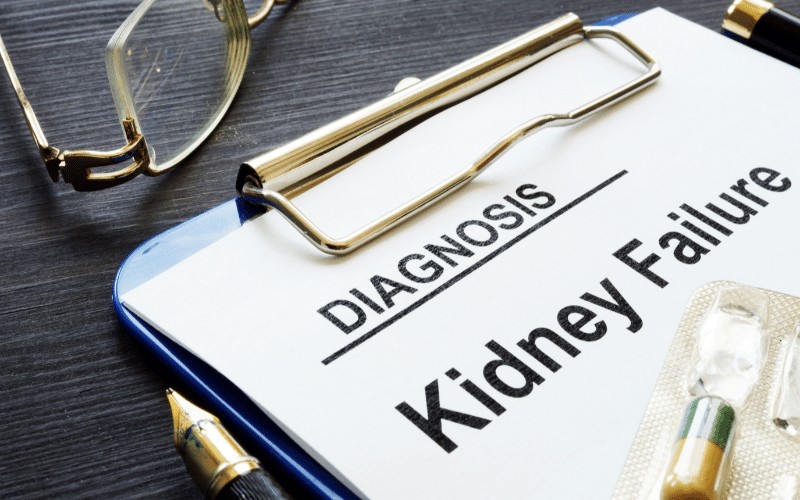Introduction: Understanding Kidney Failure and Its Impact on Your Well-being
The Importance of Healthy Kidneys and the Consequences of Failure
The kidneys are crucial organs in our bodies, responsible for filtering waste and excess fluids from our blood, maintaining electrolyte balance, and regulating blood pressure. These bean-shaped organs work tirelessly to ensure our overall health and well-being. However, when the kidneys begin to fail, it can have serious consequences, making early detection and intervention vital to preventing further complications and preserving kidney function.

In-Depth Exploration of Kidney Failure and Its Warning Signs
This comprehensive guide is designed to provide you with an in-depth understanding of the 10 warning signs of kidney failure, allowing you to take proactive steps in safeguarding your health. We’ll delve into each symptom in detail, explaining why they occur, how they relate to kidney function, and the importance of recognizing them early. By familiarizing yourself with these warning signs, you’ll be better equipped to identify potential kidney issues and seek medical attention promptly. So, let’s dive into the essential information you need to know about kidney failure and its warning signs, arming you with the tools to protect your kidneys and maintain optimal health.
1. Swelling in Your Ankles, Feet, or Legs: Fluid Retention Signals Kidney Trouble
One of the primary functions of your kidneys is to remove excess fluid from your body. When they aren’t working efficiently, fluid can build up, causing swelling in your ankles, feet, or legs. This is known as edema, and it’s a telltale sign that your kidneys may be struggling to maintain proper fluid balance.
If you notice persistent or worsening swelling in these areas, it’s crucial to seek medical attention as soon as possible. It’s essential to rule out other causes of edema, such as heart or liver problems, to ensure that you receive the appropriate care for your condition. Moreover, your healthcare provider can perform tests to determine if kidney issues are the underlying cause and recommend appropriate treatment options. (1)